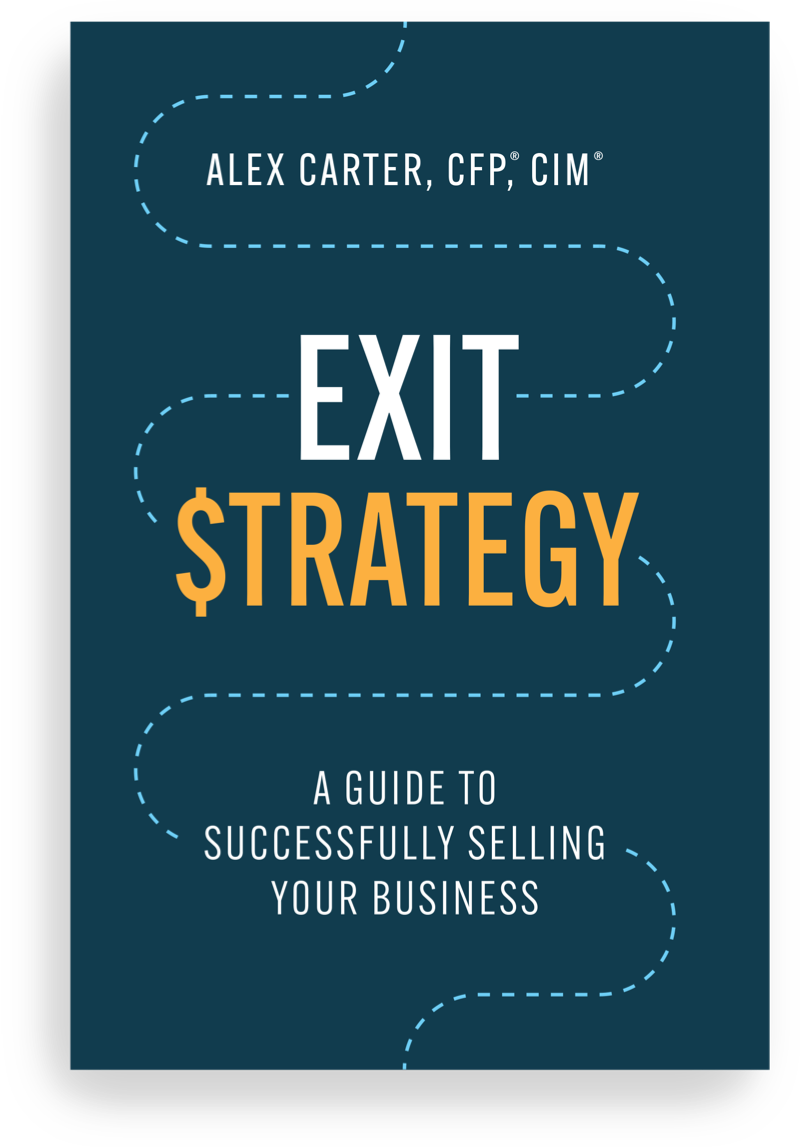Our goal is to ensure our clients are “exceptionally well taken care of.” This mandate orients our thinking and directly influences the way we deliver advice to our clients: custom-tailored, highly-specialized, and extremely personable.
What to Expect When You’re Investing
Depending on your level of investment knowledge, you may be wondering just what you can expect from your portfolio. There’s good news and bad news on this front. The bad news is that we, nor anyone else, have the foggiest idea what will happen tomorrow or next week. We’ll leave that kind of guessing to the pundits on TV.There is good news, though. We do, based on historical data and academic research, have a pretty good idea of what you should expect from various kinds of investments over the long-term. And this is very important, because it helps us help you reach your long-term goals.
The Mix
Each part of your portfolio plays an important role, just as each player on a sports team (or a member of an orchestra, for those more culturally inclined!) has specific responsibilities. Take equities, for example. Over the long haul, equities should provide the highest returns for your investments (on average, around 7% annually over time). They are, to use a hockey analogy, the offense. Equities (stocks) tend to perform very well over time because as the economy grows, corporate profits grow as well. This feeds through into higher share prices and higher dividends for shareholders.
Fixed income (i.e. bonds) have a more conservative role in your portfolio. While they don’t tend to have the same returns as equities (more in the 3-4% range), there is still the potential for some capital growth alongside consistent interest payments. That said, while returns are important, fixed income investments are very good at capital preservation. In other words, bonds may not shoot the lights out very often, but they don’t usually experience the kind of volatility you sometimes see in the stock market.Finally, there is cash and short-term, cash-like investments. This is the most conservative part of what you’ll own. It doesn’t make up a very large portion of most portfolios, given the lack of returns (these days, 1% is fairly common, if not less) but having some cash on hand does have an upside: it provides immediate liquidity should you require funds. In addition, if your cash weighting is fairly high, we can take advantage of pullbacks in equities or bonds to add to those asset classes.Diversification Reduces Volatility
One of the key reasons we preach diversification is because it maximizes our clients’ returns while keeping the volatility of a portfolio reasonably low. Here’s how that plays out in practice: generally speaking, if the stock market takes a tumble, bond prices actually go up, as investors seek the safety of fixed income. So even if your equities see a temporary decline, chances are that your bonds will at least partially make up for this decline. This acts as a steadying force for your overall portfolio. The reverse also applies: when bonds are falling in value, equities can rise. As you can see, there is wisdom in having different investments that do not move in lockstep with one another. If all of your investments go up and down together, you really would not have a meaningfully diversified portfolio, would you?Assante Private Client is a division of CI Private Counsel LP which is an indirect, wholly-owned subsidiary of CI Financial Corp. Assante Private Client and the Assante Private Client design are registered trademarks of CI Investments Inc.




